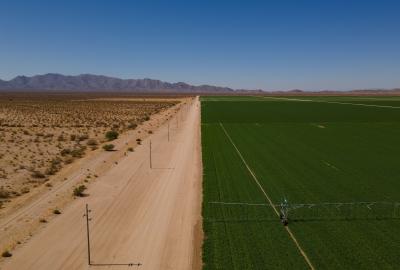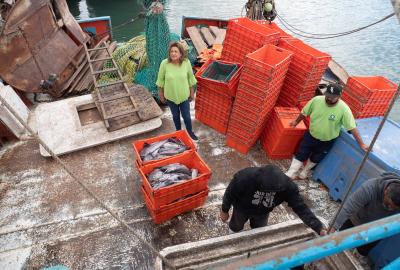New hope for residents of “Cancer Alley”
EPA rule aims to slash cancer rates by taking on toxic pollution.
Update June 26, 2024: This article was updated to include that a court denied chemical giant Denka’s effort to block the EPA standards — a win for residents.
Robert Taylor grew up surrounded by green fields filled with orderly rows of sugar cane.
“This is the land that my ancestors worked on, from slavery until now,” Taylor, 83, says of his connection to St. John the Baptist Parish, Louisiana.
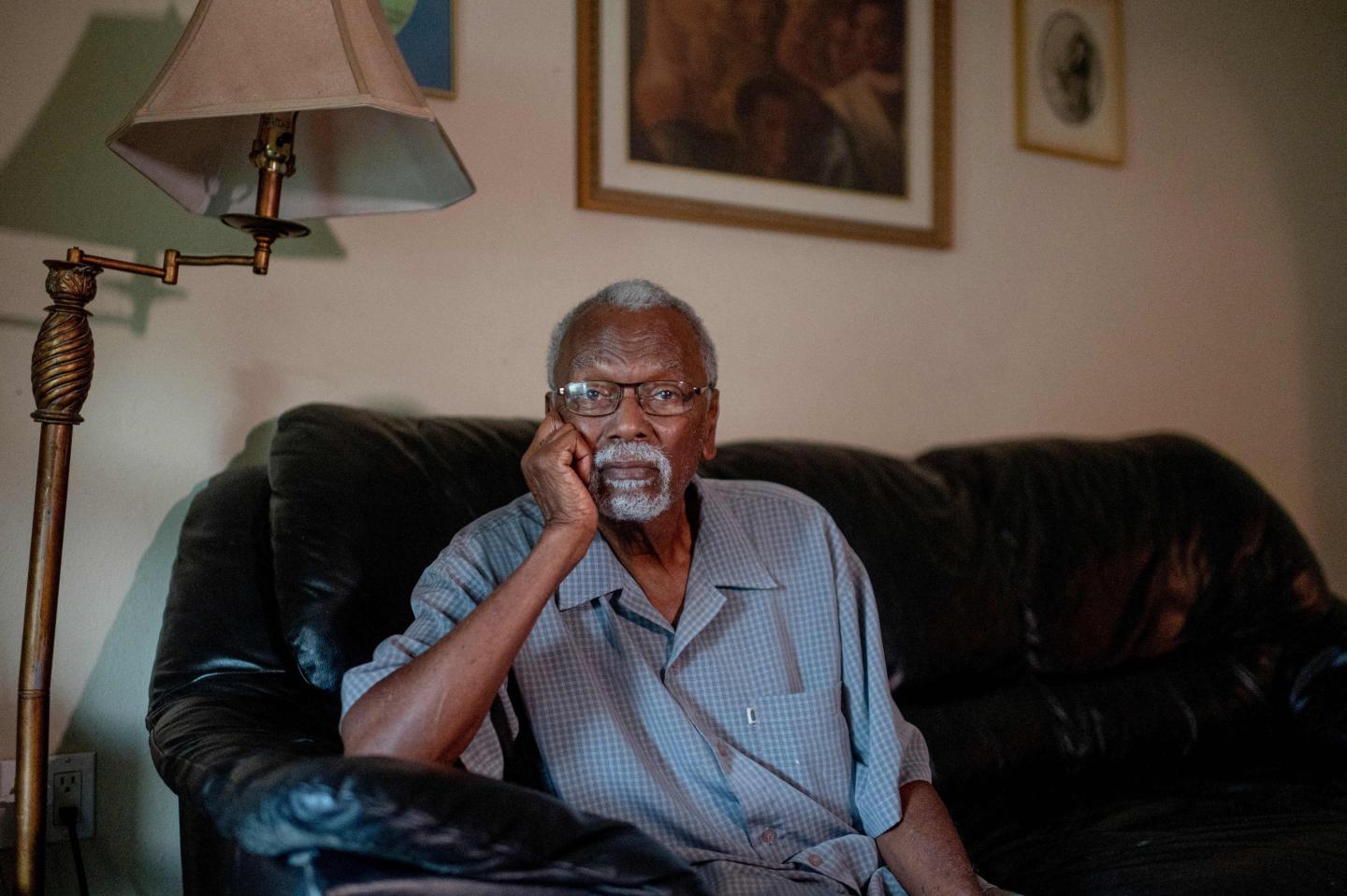
“But as the sugar industry died, the wealthy, white plantation owners sold the land,” he explains.
By the time Taylor was ready to start a family, petrochemical companies had bought many of the former plantations, leading to a proliferation of oil refineries and chemical operations along the Mississippi River.
Pollution from these facilities soon marred the horizon, and the primarily Black population that remained in the area started getting sick. Today, the region has a grim nickname: Cancer Alley.
In 1969, a DuPont plant began manufacturing neoprene, a synthetic rubber that causes chloroprene to be emitted, less than a mile from Taylor’s home. Chloroprene is linked to heart damage, cancer and a weakened immune system.
Taylor’s mother, who lived around the corner from him, died of bone cancer. His wife is a breast cancer survivor now living with multiple sclerosis. One of his daughters has a rare autoimmune disease. In 2016, federal regulators found that the communities near that plant, now owned by Japanese chemical giant, Denka, have the highest cancer risk in the country.
“Our risk for cancer is 1,500 [per million people],” Taylor says. That’s nearly 50 times higher than the national average. “How can this country tolerate that?” he asks.
Tackling a health crisis
On April 9, the Environmental Protection Agency strengthened its limits on pollution from petrochemical plants for the first time in decades.
The EPA aims to reduce emissions of six chemicals, targeting two in particular: chloroprene and ethylene oxide, both of which are linked to cancer and are especially harmful to children. Once fully implemented, the rule could reduce the number of people facing elevated risk of air toxics-related cancer by 96%.
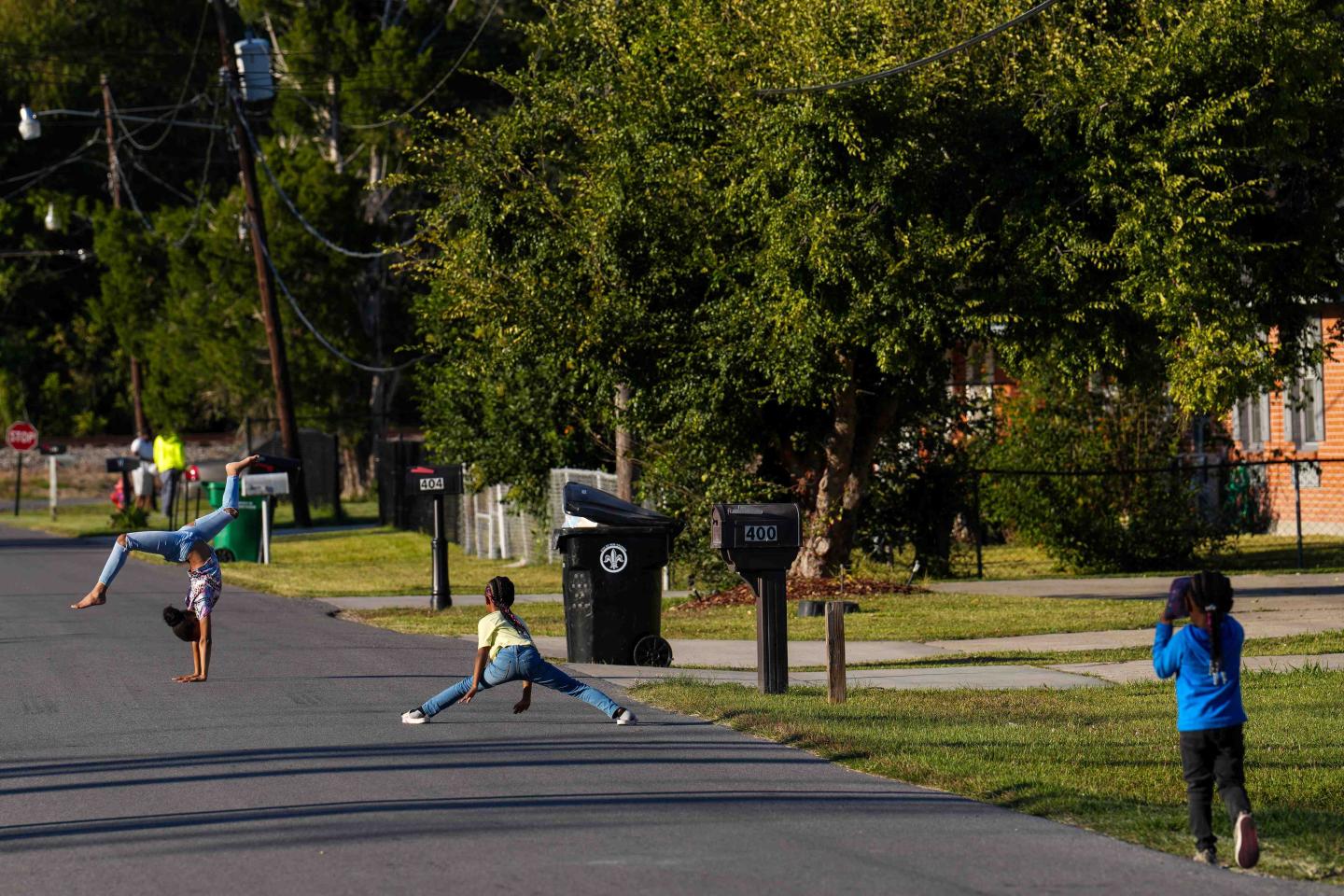
Denka, which emits chloroprene right next to an elementary school filled with hundreds of predominantly Black students, said that it “vehemently opposes” the EPA’s action.
But Environmental Defense Fund’s Dionne Delli-Gatti, who works closely with communities overburdened by pollution, says the new rule simply mandates much-needed accountability. Of the 218 chemical plants affected by the new rule, EDF found that 83% have a documented history of violating environmental laws over the past three years.
The rule also closes a loophole that allows facilities to pollute without limits during a malfunction, or start-up and shut-down activities. “Closing that loophole is critically important as worsening storms, due to climate change, disrupt activities at these plants more often,” Delli-Gatti says.
Facilities will also be required to conduct fenceline monitoring to measure just how much pollution is going into nearby communities.
Battling toxic tactics
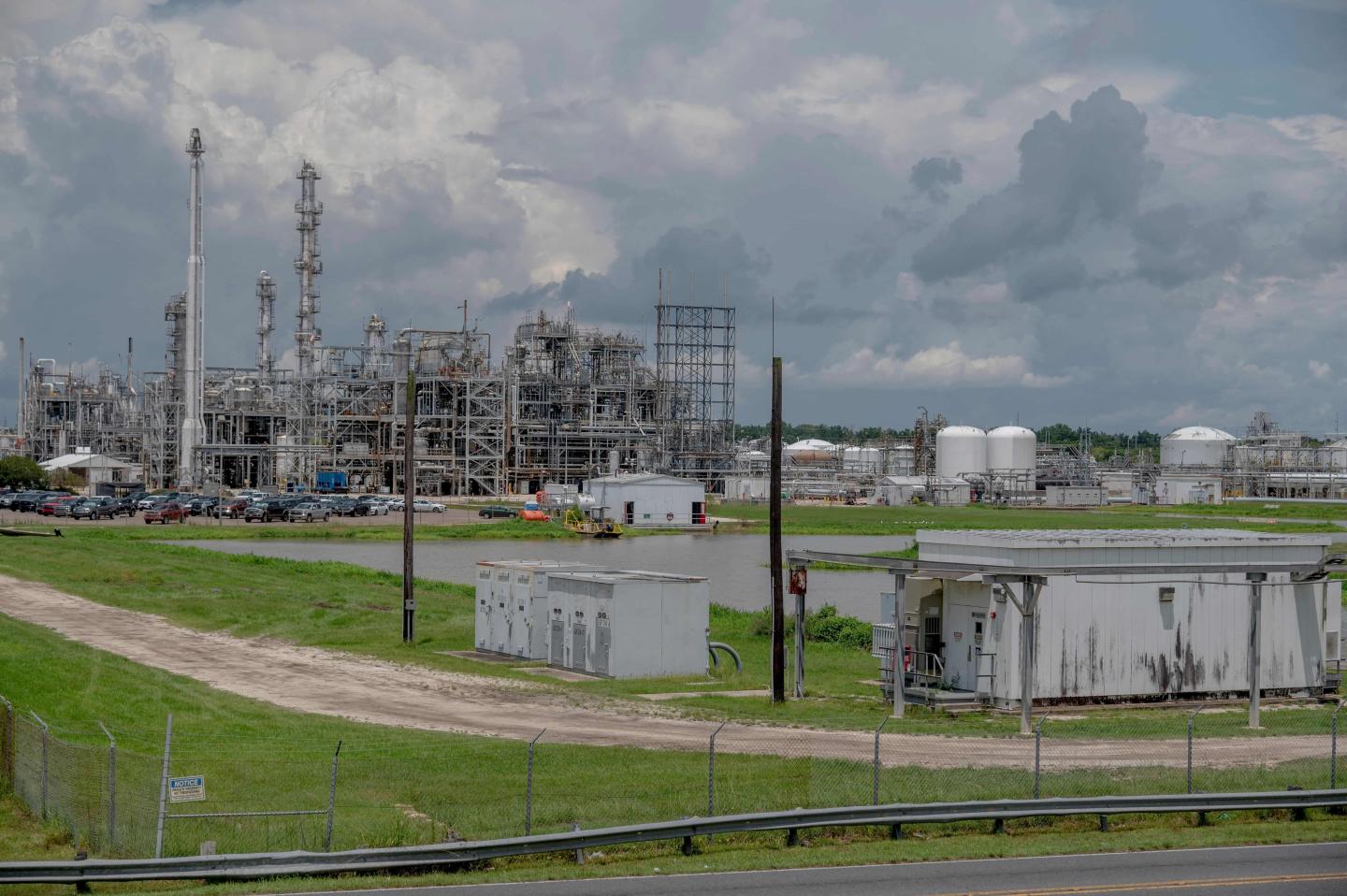
EDF joined several other environmental organizations in submitting comments to the EPA in support of stricter rules for petrochemical polluters last year, and EDF experts have vowed to stay the course in defending them.
On June 26, a court ruled that the Denka plant would have to comply with EPA's pollution standards within 90 days as required, despite their attempts to block the measure.
In light of a massive proposed expansion by the petrochemical industry, these rules are more important than ever, says Delli-Gatti.
“From both a public health and a climate change perspective, the more protections we can have, the better,” she says.
For Taylor and his daughter, Tish, who also lives in St. John the Baptist Parish, their fight for health continues.
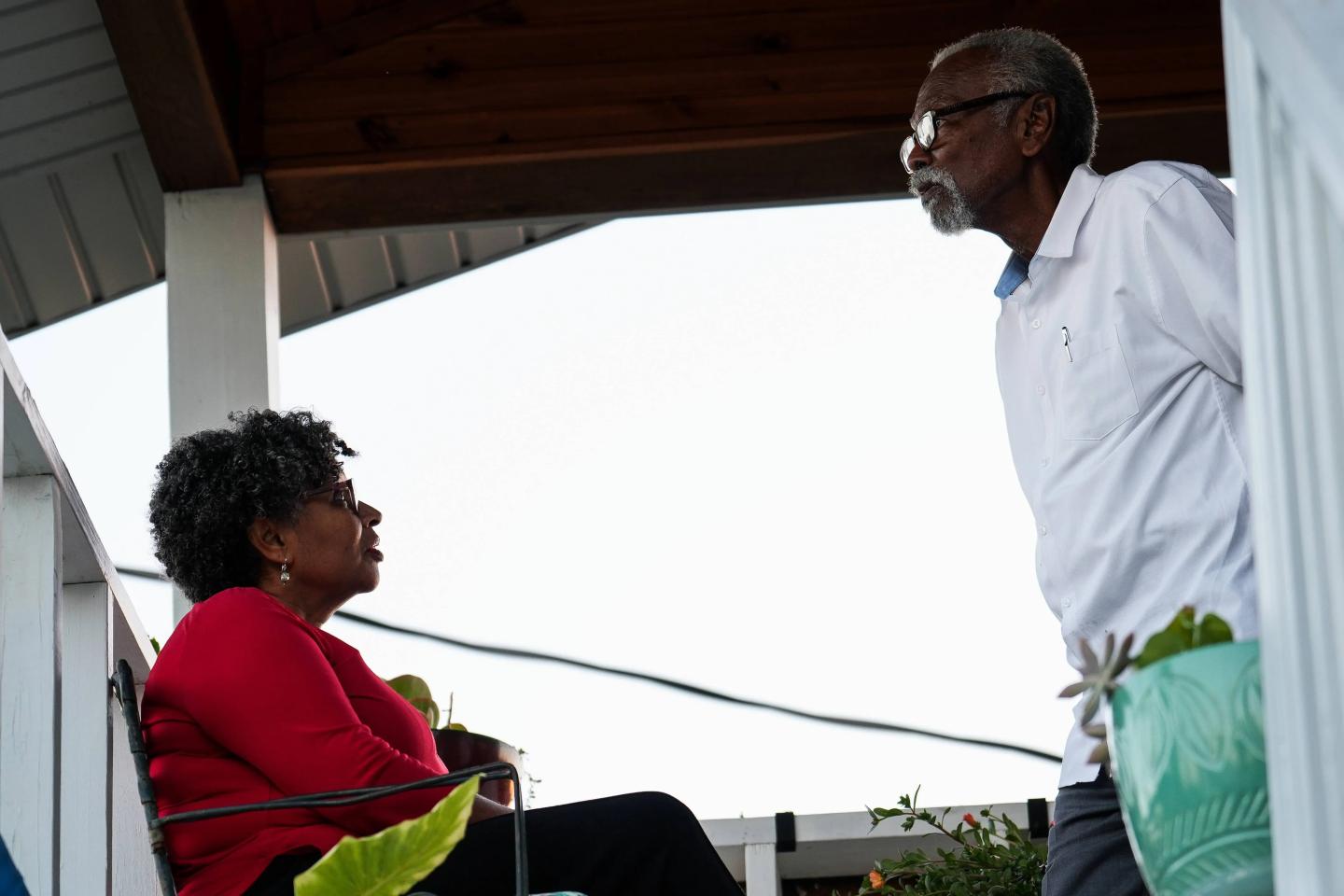
“The petrochemical industry bombards the community with their point of view,” Tish says.
“What we need more than anything is a mass media blitz of facts to educate the community about the health risks of their pollution,” she says, adding that the area’s cancer rates are not due to diet or lifestyle as some community members have been led to believe.
“Our community has been manipulated into thinking that these plants are our friends. They fund our festivals,” she says. “Their names are on everything. They give away school supplies… and, at the same time, they’re poisoning us.”
Robert adds, “So we have to have hope that this new [EPA] rule will protect us because, in good conscience, I can’t abandon this place and move. I have to fight for the people who are here.”
